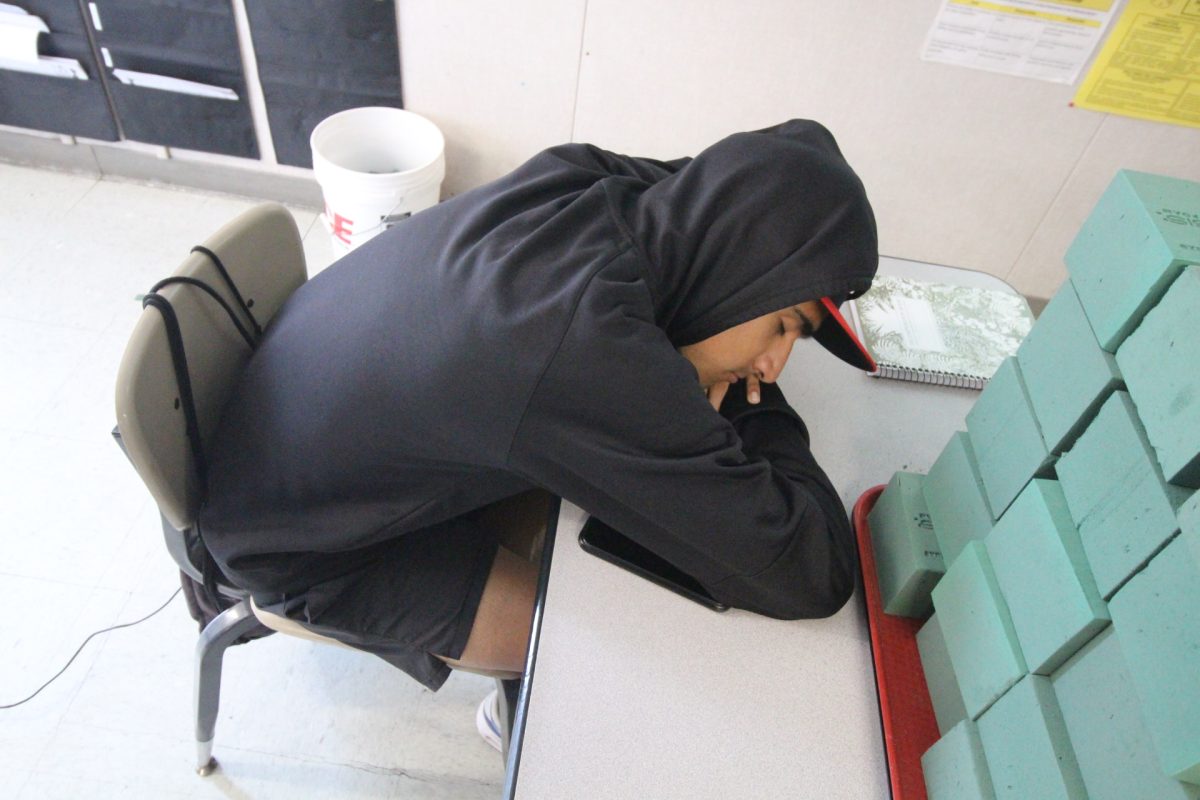The most important thing you do all day: Sleep! Although it may not seem significant, sleep is crucial to academics and our overall waking day. In this article, find out how you can optimize your schedule and get more sleep. The results in performance throughout the day and academically will leave no more restless nights.
Sleep deprivation can lead to many negative effects. CDC Healthy Schools expressed that a lack of sleep can lead to a higher risk of obesity, type 2 diabetes, poor mental health, and easier infliction of injuries. Eight to ten hours is the amount of sleep a teenager between the ages of 13-18 should have.
Still, striving for a better sleep may seem difficult, but it definitely helps to manage time. Studying for tests and finishing big projects seems to be the main contributor to staying up late for students. To prevent this, the best thing to do is time management! Studying for only 10 minutes a day on the material taught in class can prevent late night study sessions, and it might even help some students stick to a schedule. Furthermore, time management can be a key factor in lowering stress as having the necessary sleep can allow students a higher focus during class and thus better understanding and less stress. Doing projects or homework on time can be slowly introduced into a routine, if it is not already, and this can significantly lessen the amount spent on completing it the night before.
Despite the concerningly high amount of people who sleep late, sleeping around eight hours can help to reduce stress and consequently keep you focused for any work that may come the following day.








